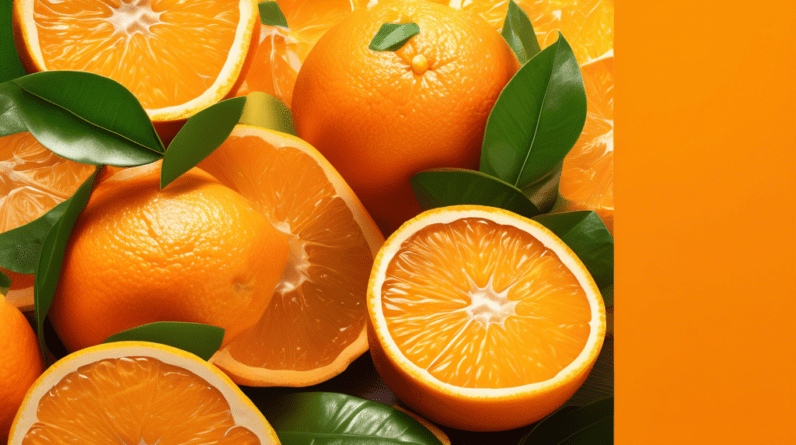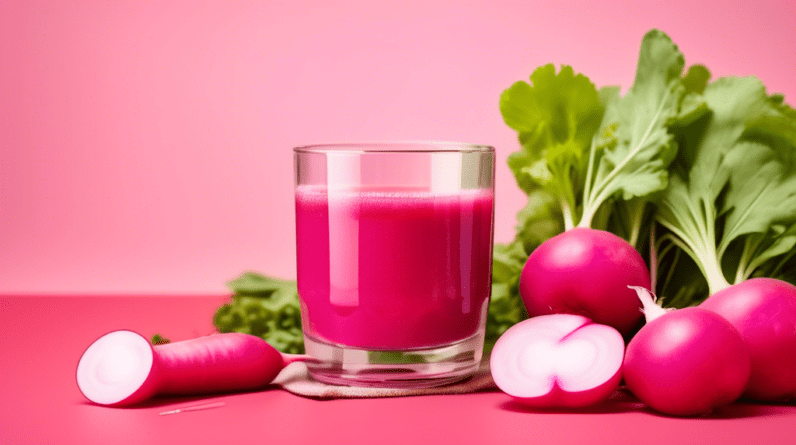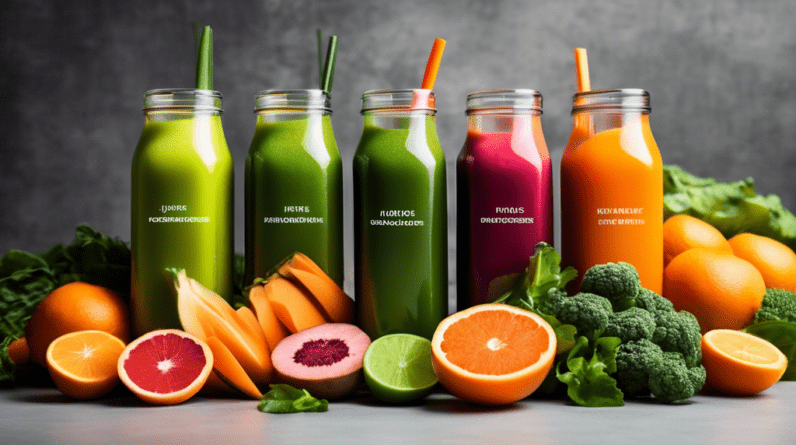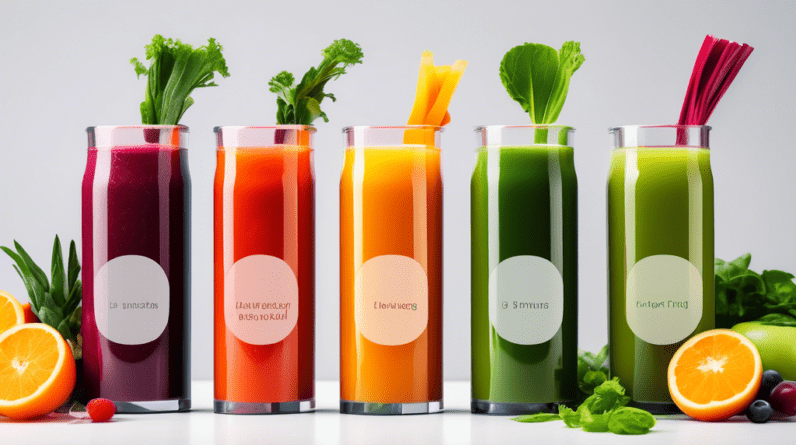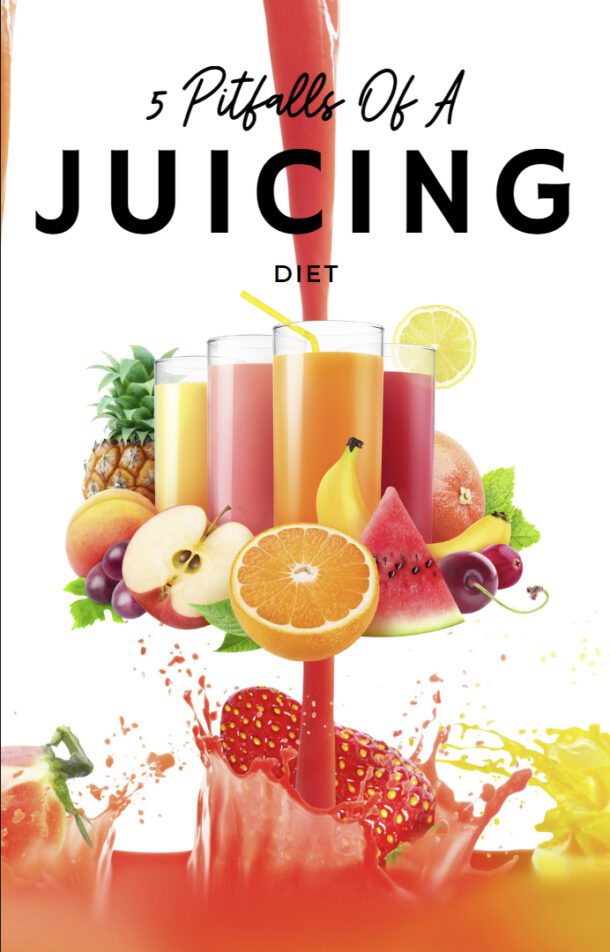
Juices have long enjoyed a health halo, often touted as a convenient way to flood your body with vitamins and minerals. But the truth, as with most things nutrition-related, is a little more nuanced. While some juices can offer health benefits, others might be loaded with sugar and devoid of the fiber found in whole fruits. Let’s delve deeper into the world of juices to understand if they deserve a place in a healthy diet.
Fruit Juice: A Concentrated Dose of Sweetness
Fruit juice can seem like a healthy choice, after all, it comes from fruit, right? While it’s true that fruit juice contains vitamins and minerals, it often lacks the fiber found in the whole fruit. This fiber is crucial for slowing down sugar absorption, keeping you feeling full, and promoting healthy digestion.
Without fiber, the natural sugars in fruit juice are absorbed quickly, potentially leading to sugar spikes and crashes. Over time, this can contribute to weight gain, insulin resistance, and an increased risk of type 2 diabetes.
The Problem with Added Sugars
Many commercially produced fruit juices contain added sugars to enhance flavor, further exacerbating the problem. These added sugars provide empty calories, contributing to various health issues like weight gain, heart disease, and tooth decay.
Vegetable Juice: A Healthier Alternative?
Vegetable juice generally contains fewer calories and sugar than fruit juice, making it a potentially healthier option. It’s also a good source of vitamins, minerals, and antioxidants that can benefit your health.
However, similar to fruit juice, commercially produced vegetable juice may contain added sugars, sodium, or other additives. Always check the label before purchasing.
Cold-Pressed vs. Centrifugal Juices: What’s the Difference?
You might have noticed terms like cold-pressed or centrifugal when browsing the juice aisle. Here’s a breakdown of these methods:
Cold-Pressed Juicing
- Uses a hydraulic press to extract juice, minimizing heat and oxidation.
- Preserves more nutrients and enzymes compared to centrifugal juicing.
- Often results in a richer flavor and smoother texture.
- Generally more expensive than centrifugal juices.
Centrifugal Juicing
- Uses a rapidly spinning blade to extract juice.
- Generates heat that can degrade some nutrients.
- May introduce more air into the juice, leading to faster oxidation.
- More affordable and readily available.
The Importance of Homemade Juices
Making your own juice at home gives you complete control over the ingredients, ensuring you consume a fresh, nutritious drink free from added sugars, preservatives, and other additives. You can experiment with different fruits and vegetables, creating delicious combinations that cater to your taste and nutritional needs.
Tips for Healthier Juice Consumption
If you choose to include juices in your diet, here are some tips to make healthier choices:
- Choose Whole Fruit Over Juice: Opt for whole fruits whenever possible as they provide fiber, which helps regulate sugar absorption.
- Read Labels Carefully: Check the ingredient list for added sugars, sodium, or artificial ingredients.
- Limit Fruit Juice Intake: The American Academy of Pediatrics recommends limiting fruit juice intake to 4 ounces per day for children aged 1-3 years and 4-6 ounces for children aged 4-6 years. Older children and adults should consume juice in moderation.
- Dilute Your Juice: Mixing fruit juice with water or sparkling water can help reduce the sugar content and calorie count.
- Make Your Own Juice: Experiment with different fruits and vegetables to create your own healthy and delicious juices.
- Don’t Rely on Juice Cleanses: Juice cleanses are not a sustainable or healthy way to lose weight or detoxify your body. Focus on a balanced diet and lifestyle for long-term health.
Conclusion: Moderation is Key
The key takeaway? Juices are not inherently healthy or unhealthy. They can be part of a balanced diet when consumed in moderation and with careful consideration of their nutritional content. Prioritize whole fruits and vegetables for optimal nutrition, and enjoy juices as an occasional treat or a way to supplement your intake of certain nutrients. As always, listening to your body and making informed choices is crucial for maintaining good health.

